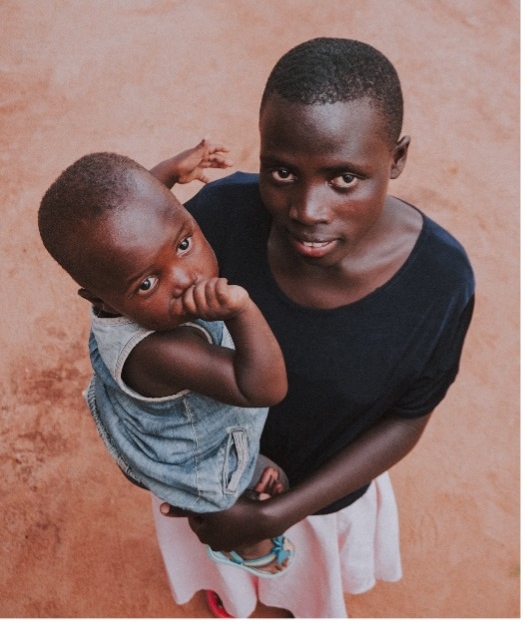Aliceta Francis: A Beacon of Hope for Girls Facing Early Marriage and Pregnancy in Tanzania.

Aliceta Francis hails from Tanzania's Shinyanga region, infamous for its high rates of child marriages and early pregnancies, often rooted in cultural norms and economic pressures. Sukuma communities frequently wed young girls, typically between the ages of 10 and 18, using them as a source of income by exchanging them for cattle and other assets.
Sadly, these practices have led to many challenges faced by young girls, including Aliceta Francis. After experiencing the tragic loss of both of her parents, Aliceta was taken in by another family only to suffer rejection, abuse, and early marriage misunderstandings. Despite these hardships, Aliceta remained resolute in her pursuit of a better life.
At age 13, Aliceta's stepmother fled to another village due to family conflicts, leaving Aliceta and her stepbrother behind with a sexually abusive father. In a bid for survival, Aliceta fled to the urban center and began working as a house cleaner for a man in his 40s, who subjected her to repeated sexual harassment and violence.
After discovering that she was pregnant, Aliceta was kicked out of the house and found herself homeless on the streets. She struggled to find a way to get rid of the pregnancy but in the end, decided to keep her child. Despite facing familial rejection and abuse, Aliceta's determination to seek a better future led her to escape a dangerous situation in search of safety and opportunity. Her experiences, including surviving on the streets and enduring assault, paint a harrowing picture of the obstacles she had to overcome.
With the support of Agape Knowledge Open School (AKOS) which is also an active member of the Tanzania Ending Child Marriage Network (TECMN) and the opportunity provided by Tanzania's initiative to reintegrate school dropouts, Aliceta found renewed hope in pursuing her education. This second chance not only opened doors for her academic journey but also empowered her to advocate against harmful practices like child marriage within her community.
Now, at 16 years old, Aliceta is not only excelling in her studies at Mwamapalala Primary School but also actively engaging her peers and parents through education and awareness campaigns. Her resilience and commitment to breaking the cycle of early marriages, coupled with her aspiration to become a medical doctor, serve as an inspiring example of how education can be a tool for change and empowerment in the face of adversity.